Promoting products through trending hashtags is a marketing strategy that has been around since roughly 2010, when trending topics first appeared on Twitter. If you follow trending hashtags with any regularity, among the jokes, memes, and other entertaining content that often accompanies these threads, you may have noticed that popular hashtags are often utilized as part of real-time mobile marketing campaigns.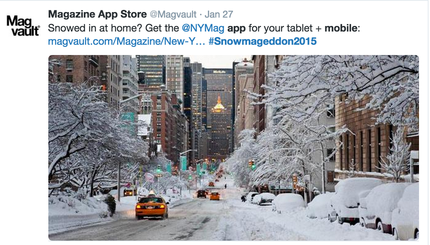
Initially characterized as a clever way to reach broad audiences, over time, campaigns that use trending hashtags have been the subject of occasional criticism, particularly from users that feel this type of content is irrelevant or intrusive. But despite the potential negative perception, major brands and app marketers continue to use trending hashtags as part of branding, acquisition, and re-engagement campaigns.
Which raises the question: Is there value in utilizing trending hashtags for real-time app marketing?
The following sections define the concept of real-time marketing, outline some of the pros and potential challenges of utilizing trending hashtags, and provide recommendations for ways to help ensure your campaigns are successful.
What is real-time marketing?
Like many terms in a rapidly evolving industry, “real-time marketing” (RTM) is a phrase that has more than one meaning, depending on the context. One study found that “real-time marketing” is most often associated with one of these two generalized concepts:
- a system that delivers dynamic, personalized content across channels,
- or as the practice of “making quick responses to mainstream events or injecting your business in social media conversations.”
For the sake of clarity, in the context of utilizing trending hashtags, any references to real-time marketing in this article should be approached through the lens of the second definition: “making quick responses to mainstream events or injecting your business in social media conversations.”
Benefits of RTM
Effective real-time marketing campaigns that utilize trending hashtags provide you with an opportunity to:
Demonstrate brand personality: The most successful campaigns consist of a meme, image, or other creative content that catches a users’ attention and encourages further sharing. This can be an excellent opportunity to move away from over-processed, traditional ad campaigns, and add a little personality and humor to the brand voice.
Extend your reach, identify new audiences: The most popular trending hashtags are viewed by thousands of individuals, many of whom may fall outside of your traditional target demographic. Using trending hashtags to get your app in front of new audiences extends your reach and may even enable you to discover a demographic of interested users you had not previously considered.
Diversify your user acquisition strategies: Utilizing trending hashtags provides you with an additional strategy for acquiring new users and re-engaging your existing base. Seen here are two examples of app marketers using a trending hashtag as part of user acquisition and engagement campaigns:
Due to the temporary nature of trending hashtags, don’t expect one campaign to single-handedly produce a high number of installs. But over time, effective campaigns can serve as a valid supplementary channel for free UA and re-engagement.
Implementing successful RTM campaigns
As alluded to earlier, marketing through trending hashtags is sometimes the subject of criticism. Most of the negative sentiment revolves around two problems:
- The content produced by the brand is completely unrelated to the trending topic, as a result, the thread feels hijacked by irrelevant products.
- As captured in this recent tweet, simply put – brands (and others) overdo it.
Both of these challenges can be mitigated by being selective with the trending hashtags you engage with.
Being selective with the hashtags you engage with means not jumping at every opportunity. Instead of utilizing hashtags with incredibly broad application (e.g. #Snowmageddon), deliberately engage with hashtags that are actually relevant to your app. Examples of this might include:
- A sports app might experiment with hashtags associated with major events that span multiple weeks (e.g. the Olympics or the World Cup) to drive new installs.
- A music streaming app might take advantage of hashtags associated with major music award shows to increase brand awareness and acquire new users:
Demonstrating that your brand can engage through creative, humorous, and relevant content is far less likely to feel intrusive to users, and will enable you to effectively use this RTM strategy without becoming annoying to users.
Measuring campaign performance
Another way to help your campaigns be successful is to measure performance. If you’re using a trending hashtag as part of a user acquisition campaign, noting the number of retweets is a nice measure of virality, but what you need to know is how many users were actually acquired through the campaign. Working with an analytics partner that provides insight into campaign performance will enable you to identify which tweets actually produced meaningful results. When you understand what’s working and what’s not, your ability to consistently produce quality, engaging, timely content is significantly improved.
In summary
Engaging with trending hashtags has the potential to demonstrate your brand personality, extend your reach, and add to the strategies in your marketing toolkit. But flooding every possible trending hashtag with irrelevant commercials will only annoy users and turn them away from your brand and your apps. Focusing on the trending hashtags that are actually relevant to your apps and effectively measuring campaign activity can help you produce content that connects with your users and positively influences campaign performance.
What are your thoughts on using trending hashtags for app marketing? Annoying? Effective?
Have you had success using a hashtag as part of your acquisition, branding, or re-engagement campaigns?
Let us know in the comments below.
Author
Becky is the Senior Content Marketing Manager at TUNE. Before TUNE, she handled content strategy and marketing communications at several tech startups in the Bay Area. Becky received her bachelor's degree in English from Wake Forest University. After a decade in San Francisco and Seattle, she has returned home to Charleston, SC, where you can find her strolling through Hampton Park with her pup and enjoying the simple things between adventures with friends and family.

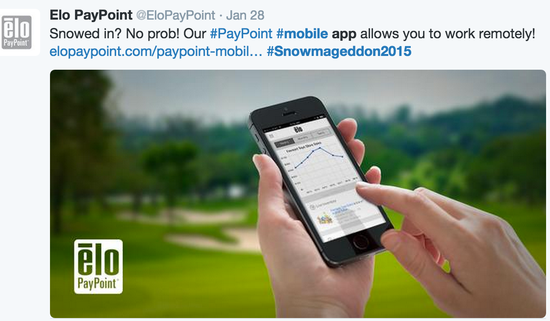
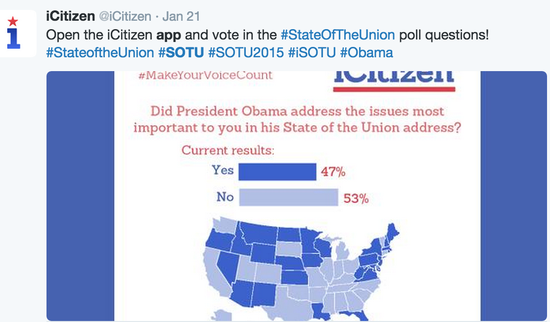
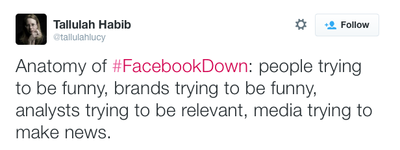
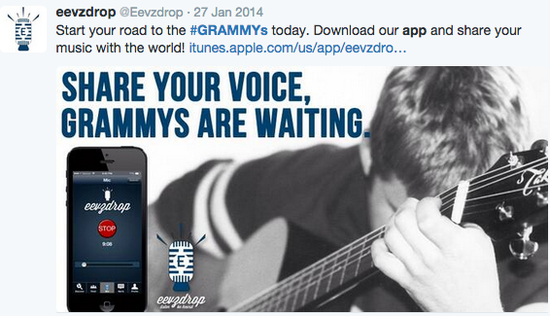
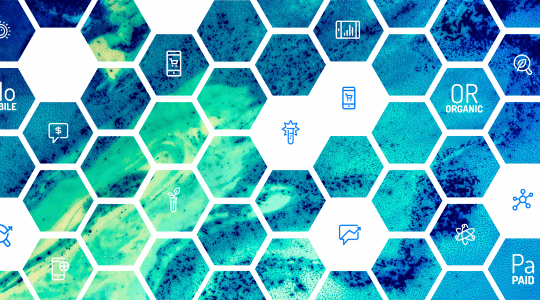
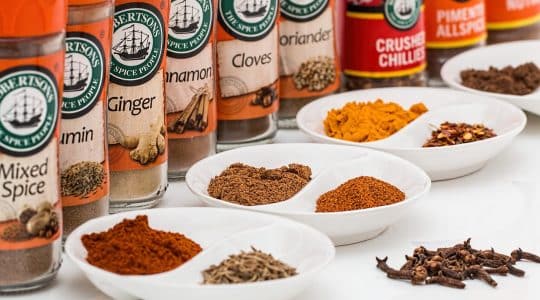
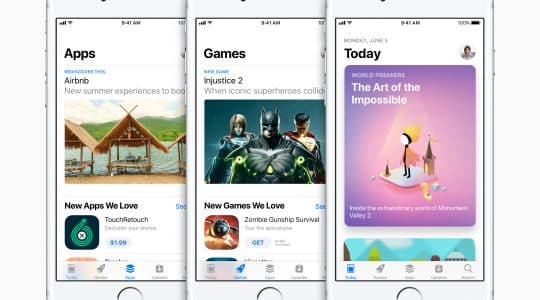
This is a high-wire act. When done well it can be a thing of beauty but when it fails it can be spectacularly bad. It really comes down to how well the marketer has her finger on the pulse of society and how well she understands her brand. Marketers often drink too much of their own Kool-aid to know what permission society will actually give them to have a role in certain conversations. A lot of people assume they can capture the social zeitgeist while promoting their brand, only way to find out is to take a big risk. My favorite example of where this isn’t such an easy task: http://www.slate.com/blogs/moneybox/2014/12/11/best_buy_serial_tweet_what_s_wrong_with_brand_jokes_about_a_murder_podcast.html
Agree with Craig, #hashtag campaigns can be fun and engaging, yet devastating and destructive to a brand. Look at what happened to Coca-Colas campaign which was pulled just today, after quoting Mein Kampf. You really have to have fun with the campaign, and be ready for every possible outcome.
One thing is for sure, the use of a #hasthag absolutely increases discussion and engagement, it just depends on what success looks like for brands.
http://www.inc.com/business-insider/coca-cola-pulls-make-it-happy-twitter-campaign-after-quoting-mein-kampf.html
Definitely agree with everything that’s already been said. RTM marketing is especially important for app marketers trying to boost installs because download velocity will increase, which can help increase that app’s Top Charts and search ranking. This will increase visibility in the app store, which will also increase organic installs and increase the effectiveness of the RTM campaign. As mentioned, this hinges on not screwing up the campaign, which appears to be easier said than done.
I think Twitter is just the beginning of RTM. We’re already seeing other social networks like Snapchat moving into this around events. It can be an extremely powerful marketing strategy.
Agree with Jonahkai, the use of a #hasthag definitly increases
discussion and engagement, it just depends on what success looks like
for brands.
http://blackcatseo.ca/en/